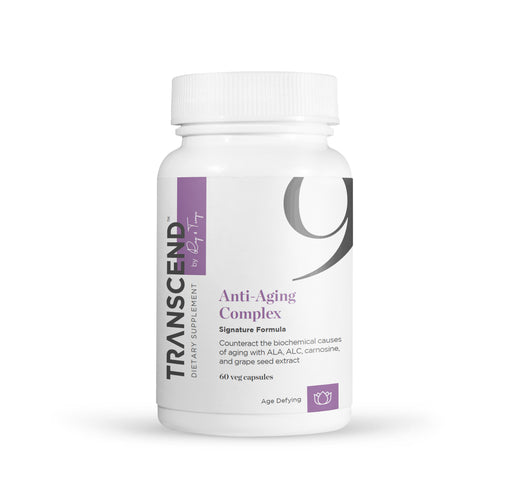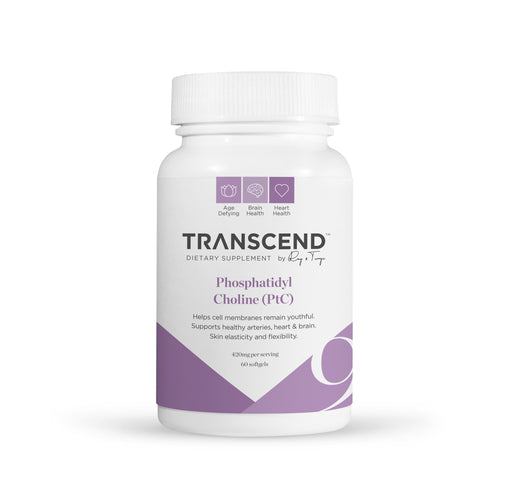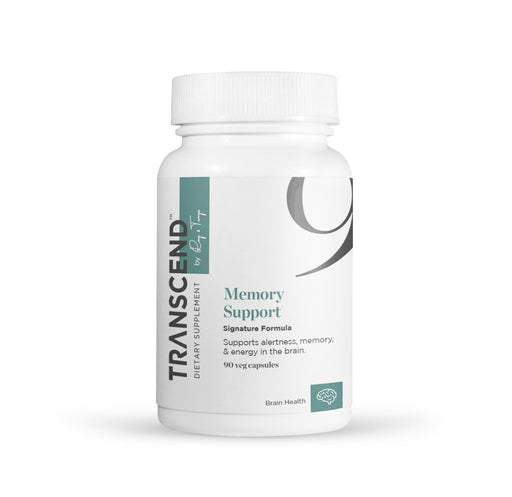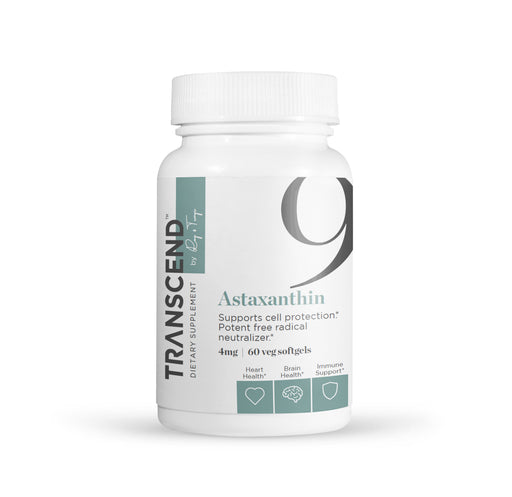
Anti-Aging Complex (ALA/ALC/Carnosine/GSE)
A Kurzweil + Grossman Formula Antioxidant and anti-aging protection Increase energy Fight aging Decrease wrinkles Cellular integrity Anti-Aging...
View full details
Even before COVID-19, loneliness and social isolation were identified as a growing public health issue, especially for older adults. Loneliness is the feeling of being alone, regardless of social contact, while social isolation means a total lack of social connections. You can be lonely without being socially isolated, and social isolation can lead to loneliness.
Older adults are considered particularly at risk for both loneliness and social isolation since they're more likely to live alone or have lost family or friends. A pre-pandemic study reported more than 33% of adults aged 45 and older felt lonely, with nearly 25% of adults aged 65 and older considered socially isolated. As months of social distancing and isolation from family and friends continue, these numbers are likely to go up.
Prolonged loneliness is associated with several serious health risks, including dementia, depression, anxiety, and heart disease. That's why it's essential to be proactive in managing your loneliness, even as we continue to practice social distancing.
If you're feeling lonely right now, it may offer some comfort to know that you're not alone in this feeling.
Here are some helpful tips to help you feel more connected:
As we grapple with the current coronavirus pandemic, millions of us are struggling with loneliness. Our usual ways of seeing family, friends, and familiar faces have been disrupted in our shared effort to stay safe and save lives. Be kind to yourself and know that there is nothing wrong with you.
Stay open to learning new ways of working and connecting with others. Try setting aside time to meet with family, friends, and coworkers through phone calls, Zoom, Google Hangouts, FaceTime, texting, and email. It doesn't have to be a big production—it's often the little things, like shared jokes, pictures, music, and memes, that count.
Daily exercise, indoors or outdoors, can improve your physical, emotional, and mental health.
Spending a few minutes each day doing breathing exercises, some light stretching, yoga, or meditation can help calm the body and the mind.
There is no substitute for developing and sustaining social ties. Even bite-sized moments with people you don't really know but see all the time can help your mental health. Talk to your barista, others at the dog park, or people in your building. Say hi, ask them how their day is going, or find other ways to connect.
Studies show that a good night's sleep makes us feel less lonely and better equipped to enjoy the day. Rest also makes us more likely to feel optimistic about the present and future.
Treat yourself as you would a friend. Do something that makes you happy or something you've always wanted to try. Take a walk through a park, volunteer to help less-advantaged others, or practice mindfulness. Meditation can help you feel comfortable and gain some benefit from healthy solitude.
Research shows that we are healthier when we are close to nature. If you cannot get outside, you may try a little gardening or buying plants, herbs, and flowers for your home.
Take stock and be grateful for your existing connections and relationships. This can help create a confident, open mindset that makes it easier to form new connections.

A Kurzweil + Grossman Formula Antioxidant and anti-aging protection Increase energy Fight aging Decrease wrinkles Cellular integrity Anti-Aging...
View full details
Improve skin elasticity Cell membrane flexibility Support memory function Healthy brain tissues Phosphatidylcholine (PtC) is a flexible phospho...
View full details
Improve short- and long-term memory Reduce stress levels Sharpen your cognitive performance Promote circulation and energy in brain Ray & ...
View full details
Healthy Eyes, Brain and Nervous System Potent carotenoid antioxidant Promotes healthy anti-inflammatory response Formulated with Zanthin® for eye...
View full details